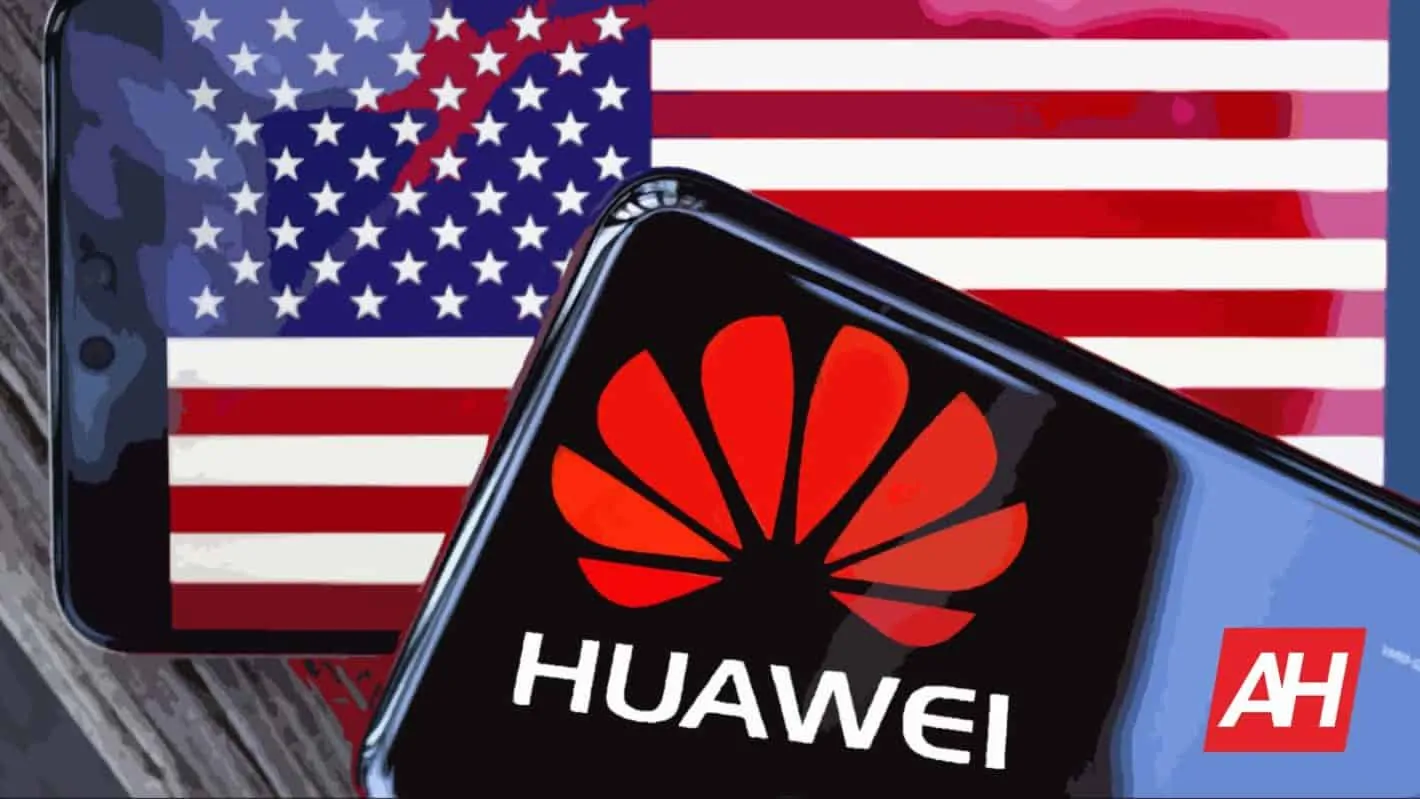Huawei Chief Financial Officer Meng Wanzhou is trying to put an end to extradition proceedings currently being led against her in Canada, citing what her attorneys are describing as “intimidating” comments previously made by U.S. President Donald Trump.
The new defense strategy that’s been anticipated for some time was laid out on Wednesday, having been largely based on the President’s remarks from December. Back then, the head of the U.S. suggested Ms. Meng might be used as leverage in Washington’s trade talks with China’s communist government during an interview. The comments were immediately met with backlash from both sides as they implied the stateside judicial system isn’t impartial and that the executive branch can somehow direct the outcome of individual cases in an unlawful manner.
Huawei itself reiterated the defense points laid out by Ms. Meng’s legal team as part of a larger statement sent to media outlets and circulated on social media within the last 24 hours.
Another tidbit from the Wednesday hearing in Vancouver shows that the claims Huawei and its CFO made regarding allegations they used intentionally obfuscated satellites so as to attempt circumventing stateside trade sanctions imposed on Iran have not been entirely consistent, to put it mildly. Namely, Skycom, the now-defunct company at the center of the recent scandal, was described by Ms. Meng’s defense as a Huawei subsidiary, which is something the firm disputed to authorities in the past, claiming to have divested its stake in the firm supposedly used for embargo-violating purposes.
Canada’s public prosecutors directly said they want to fast-track the proceedings on Wednesday but Ms. Meng’s legal team pushed back against the idea and is buying as much time as they can. The next hearing date is hence scheduled for September 23, whereas the actual extradition process requested by the U.S. Department of Justice early this year almost certainly won’t begin before January.
The extremely bizarre case is hence set to continue for some time now; given recent developments, it’s possible Ms. Meng’s attorneys are biding their time because they want to postpone the most crucial hearings until the U.S. presidential election year, consequently applying more pressure on Washington. They’re already doing so by claiming the executive’s rights were severely violated as part of the early December arrest at a Vancouver airport where she was switching flights while on her way to Mexico.
This week’s complaint also revealed additional information about the extent of the evidence investigators obtained from the arrest, confirming that Ms. Meng revealed passwords for accessing her devices. Naturally, the defense has no choice but to attempt painting that development as illegal in an attempt to dismiss any evidence obtained from the CFO’s electronics given how the DOJ is basically guaranteed to attempt using them for the 13-count lawsuit it already launched against Huawei, one of its American subsidiaries, and Ms. Meng personally.
Even if the defense succeeds in that goal, it would still have to fight a separate battle in the U.S. seeing how the currently cited basis of the supposed violations is the Canadian Charter of Rights, a bill that obviously isn’t directly relevant to the American judicial system.

